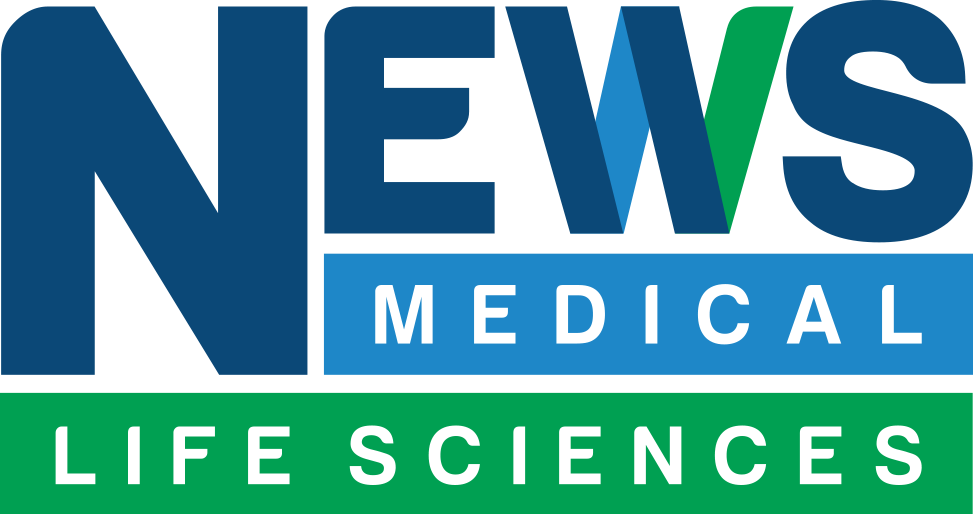Dr. Saverio Stranges, Associate Clinical Professor of Cardiovascular Epidemiology, explains the link between selenium and the risk of heart disease. He also suggests that further research needs to be done into selenium and the risk of heart disease.
Selenium supplements and heart disease risk: an interview with Dr Saverio Stranges, University of Warwick
February 2013
April Cashin-Garbutt
What is selenium?
Selenium is a micronutrient which has antioxidant properties by means of selenoproteins which play many important functions in the body. They actually are contained in many different foods. The amount of selenium we get from diet is closely linked to the amount of selenium in the soil.
What foods contain selenium?
Basically there is a large variability in different countries as the amount of selenium in soil will influence the amount of selenium in different natural foods. For example, in the US where the level of selenium in soil is extremely high, selenium will be contained in the vast majority of meat, seafood, bread, cereals and so on.
In the UK there are also several different sources of selenium, both red and white meat, seafood, vegetables, fruit. The amount of selenium in the UK is generally lower than in the US but is within the optimal range to optimise selonoprotein activities.
How much selenium should we intake per day?
There is a physiological range of selenium in the body which is around 70-90 ng/ml which corresponds to an amount of selenium of about 50 µg per day. So there is a set threshold of selenium from natural sources which obviously will have an impact on the levels of selenium in the blood and therefore on the activities of selenoproteins which again play many important functions in the body.
We can say that generally speaking the Western population do have enough selenium from natural foods to optimise selenoprotein activities. The likelihood that someone in the general healthy adult population may have selenium deficiency is quite marginal at least in the UK.










